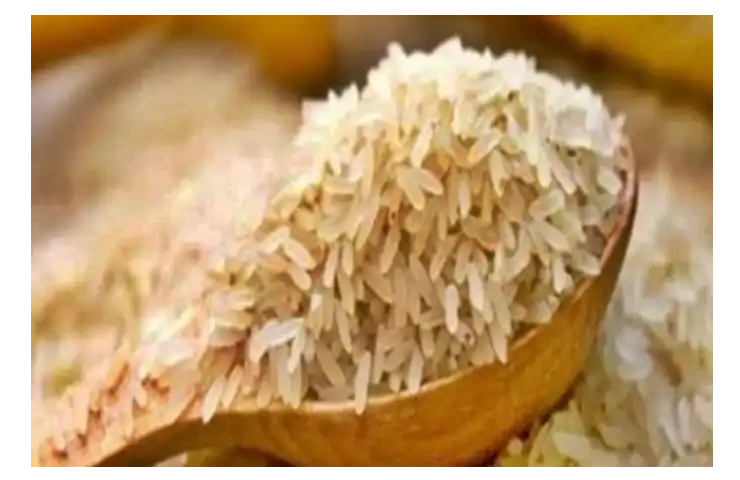

Rice war
<p>
Pakistan&rsquo;s hybrid rice production has only increased over the years. While this has increased profitability of the rice growers, exporters have not benefited much. The country&rsquo;s rice exports actually declined.</p>
<p>
According to <a href="https://www.arabnews.pk/node/1883601/pakistan">Arab News,</a> the country&rsquo;s overall basmati exports have gone down by 31 percent during the current fiscal year, resulting in a revenue of $1.8 billion instead of $2 billion last year.</p>
<p>
While Pakistan&rsquo;s rice exporters have blamed India for selling rice at subsidized rates in global export markets, the increase in production of hybrid grain has caused concerns for the authorities.</p>
<p>
<strong>Also read: <a href="https://www.indianarrative.com/economy-news/with-record-grain-production-during-covid-can-india-help-prevent-global-hunger-106494.html">With record grain production during Covid, can India help prevent global hunger ?</a></strong></p>
<p>
&ldquo;..hybrid rice is replacing traditional basmati, which has been Pakistan&rsquo;s premium export. Dozens of countries around the world produce hybrid rice but basmati is a Pakistan specialty. Pakistan has been fighting international legal battles to save this heritage and prove its sole proprietorship,&rdquo; <a href="https://www.dawn.com/news/1640739">Raja Lutfullah Khan, a rice grower was quoted by Dawn newspaper as saying</a>.</p>
<p>
Not just that. This rice cultivation requires additional water. The question that would come to the fore is this: &ldquo;where would water come from for this guzzler?&rdquo;</p>
<p>
Dawn in a separate report noted that <a href="https://www.dawn.com/news/1639431">the overall area under rice cultivation increased to 5.5 million acres in 2020 from 4.7-4.8 million acres in 2019</a>. The major increase has come from south Punjab where growers are switching from cotton and sugarcane crops to rice.</p>
<p>
Muzammil Rauf Chappal, commodities importer and chairman of the Cereal Association of Pakistan also told Arab News that Indian Basmati rice prices are low due to higher production. &ldquo;The competition in international market will only be possible when we reach a higher production rate at lower prices as well,&rdquo; he told the news organization.&nbsp;&nbsp;</p>
The 13th edition of the India-Italy Military Cooperation Group (MCG) meeting was successfully conducted from…
Taiwan's Coast Guard Administration (CGA) issued a strong condemnation of China for supporting illegal fishing…
Naseem Baloch, Chairman of the Baloch National Movement (BNM), appealed for unity among "oppressed nations"…
The Production Linked Incentive (PLI) scheme for telecom and networking has generated export sales exceeding…
Prime Minister Narendra Modi on Saturday reaffirmed India's commitment to conserve water and promote sustainable…
Baloch Human rights leader Mahrang Baloch was arrested by Pakistan's Quetta Police and administration early…